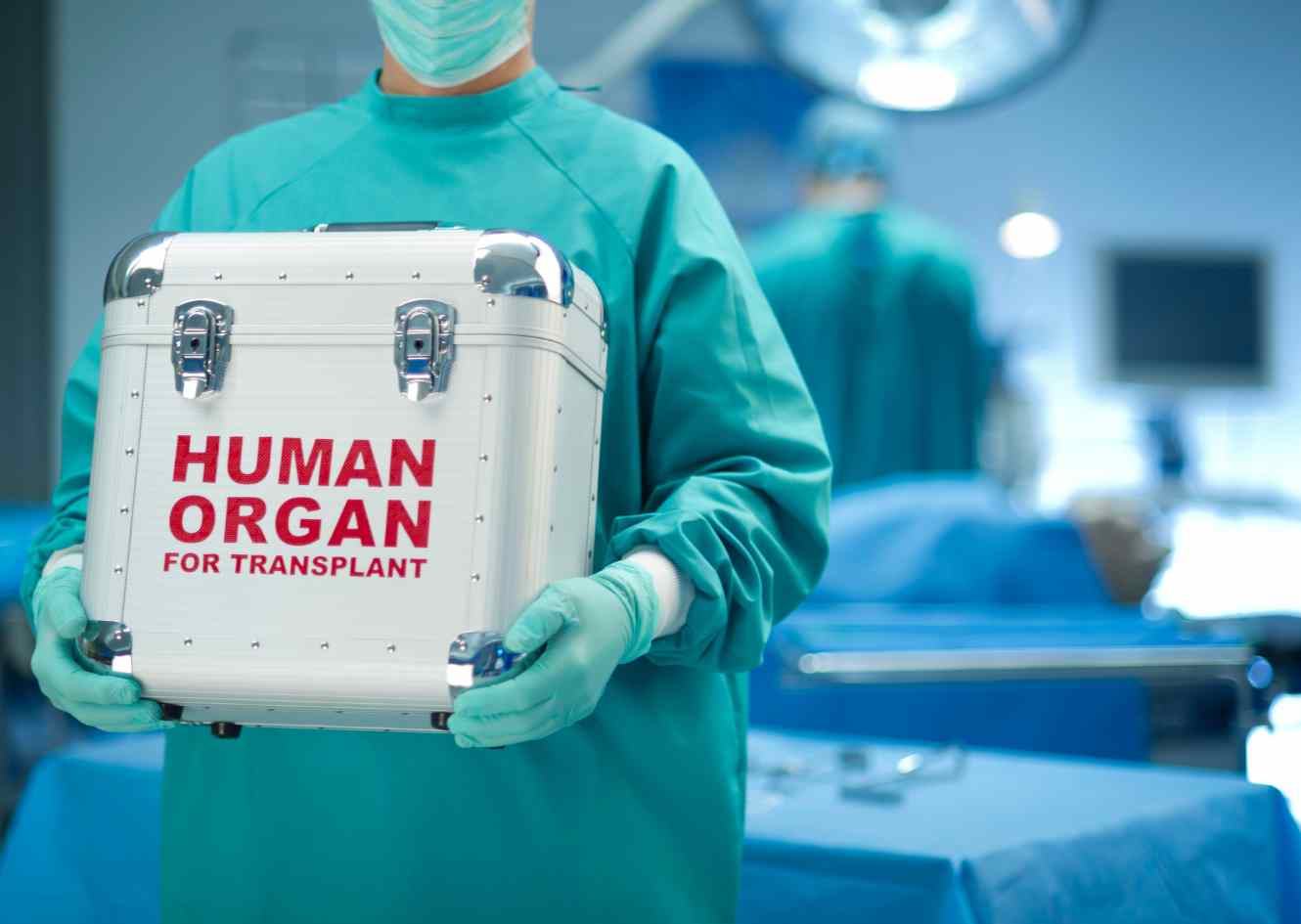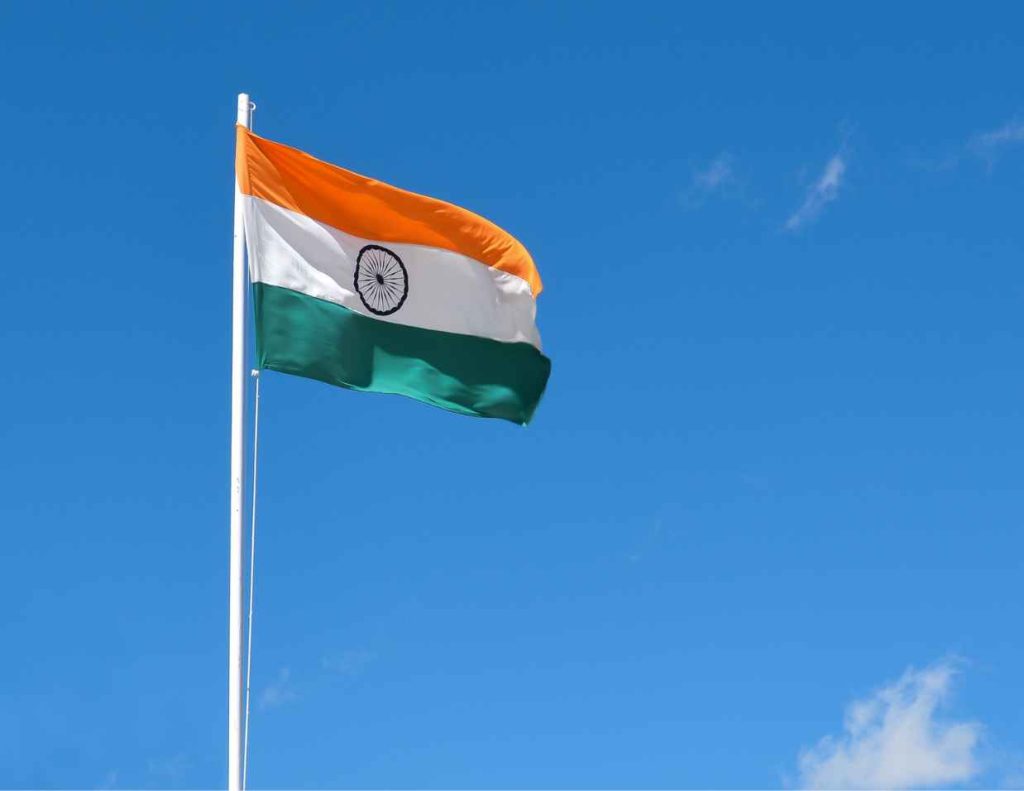Organ Donations In India

We Indians are very sentimental in organ donations even though the practice has existed for thousands of years. Maharishi Dadhichi(sage) is known for donating his bones to make the powerful weapon Vajra to fight against the demons. The need is to create an environment of information and organ donation, make quick decisions in critical hours, develop smooth roads and airstrips for urgent transportation coordination between government departments, and make green corridors.
But today, the members of the family and attendants are hesitant to donate the invaluable organs of the brain dead and their critical near and dear ones. The hospital transplant coordinator helps, discusses the situation, and looks into apparent loss. Even at this moment, the members of the family can help the one who is in distress. Only two to three percent of the demand for organ donation is fulfilled in India out of the estimated need of more than five lakhs per annum.
Organ Donations Save Lives
The heart, liver, kidneys, lungs, and intestines can be donated to needy patients or to increase the longevity of the subject. One condition must be fulfilled that a patient has died in the hospital for organ donation because the donated organs require oxygen-rich blood to be suitable for transplantation.
Just look at how even one person can save up to seven lives and help others by donating tissue and eye. The donations are classified as living, deceased, pediatric, and tissue. As is a well-known fact, the kidneys are the most demanded and transplanted organ, but due to negligible education, people are reluctant to donate organs. A living donor can successfully survive on even one kidney for the rest of their life, and the longevity of the life of the recipient increases by about ten years. The liver has the tendency to grow and regenerate itself. The donated part of the liver soon regenerates to be full size. The retrieved heart can only survive for 4 to 6 hours, so it must be transported and transplanted. A living donor can donate one lobe of the lung, but both the lobes of the deceased can be donated.
A living person can donate a part of the pancreas and still get full functions, and an ailing patient may be transplanted with the whole pancreas of the deceased. Similarly, a live donor may donate a part of the intestine. One can donate the cornea of the eye, bones, skin, and veins as desired.
India stands third in organ donation and transplantations, but we can serve only eight thousand per annum if the need for kidneys is more than two lakhs per annum.
There is a huge demand for liver transplantation, eighty thousand, but we can serve only eighteen hundred. Ten thousand patients are waiting for heart transplants, but only eighteen hundred can be done. The growth of lifestyle disorders like diabetes and cardiac issues led to a mammoth growth in organ demand. The important fact is that the heart and lungs can be transplanted only after death and with the consent of the family members.
Unfortunately, around one lakh fifty thousand people die yearly in road accidents. If their guardians want, they can generously save many lives by organ donation. When the functioning of the heart stops, it is declared medically brain dead, an ideal situation for the donation of the organs. Even if the person has pledged, after his death, the decision for organ donation remains with the family members. In 2021 in India, 12387 organs were received from organ donors, the donors were only fourteen percent (1743), and it is an important fact that many relatives donated kidneys and liver.
Two organizations are working in this field, National organ and tissue transplantation and State organ and tissue transplantation, the availability of the organs can be determined, and the needy patient can be helped out. One may visit the National organ and tissue transplantation website or State organ and tissue transplantation working under the Ministry of Health and family welfare government of India for the pledge, organ donation, and information.
A positive scenario is developing at Jawaharlal Lal Nehru Medical College, and a group of hospitals in Ajmer (Rajasthan, India) now have 250 to 300 eyes donated annually. And 60 to 70 eyes are transplanted every year. There is no waiting and cost to the patients. This is enough proof that organ donation is an awareness-dependent matter. College and school students are provided education about organ donation. Moreover, this medical college has been approved by government authorities as an organ-receiving center. Hopefully, in the near future, organ transplantation will take place.
The Rajasthan State Government is celebrating a fortnight on awareness campaign on organ donation “Angdaan Maha Abhiyaan” from 03 August 2023 to 17 August 2023“Happy organ donation” awareness.
